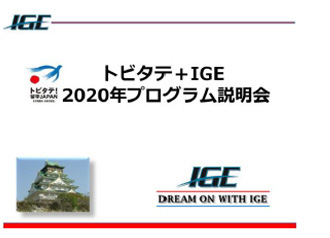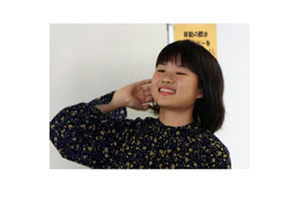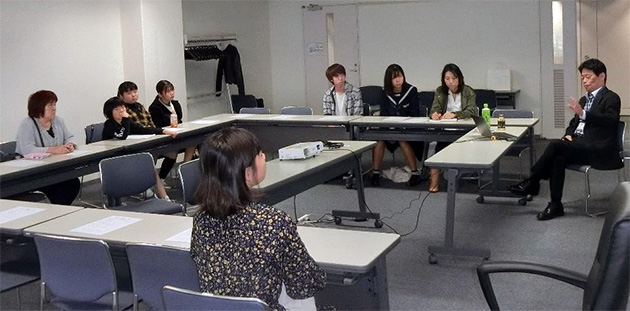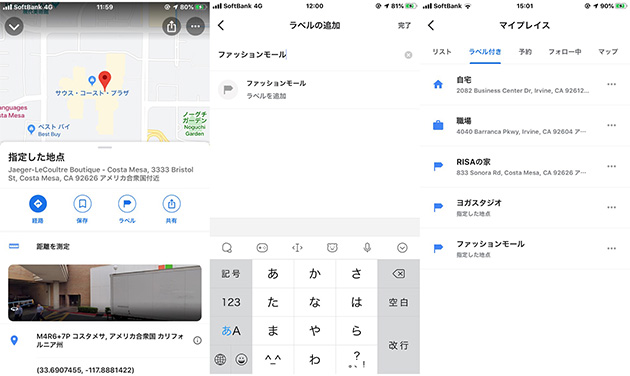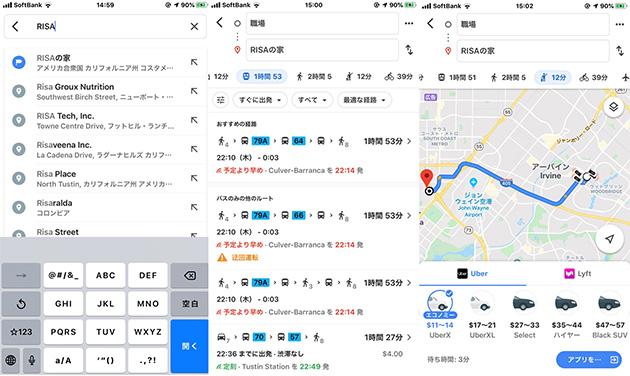| Everything about adjective
An adjective is a word, phrase, or clause that describes (provides extra information) about a noun or pronoun.
I miss sunny days. Sunny is an adjective and days is a noun. (adjective +noun)
He has a friend who is good at all winter sports. (adjective clause)
Word order of adjectives
1) Opinion 2) Size 3) Age 4) Color 5) Nationality 6) Material
nice, tasty short, big old, young pink, black French, Greek plastic, metal
I miss long sunny days.
My sweet Russian grandma baked delicious dark chocolate cookies.
His beautiful young wife doesn't serve Christmas dinner on white plastic plates.
Differences between Possessive Adjectives and Possessive Pronouns
Possessive adjectives: my, your, her, his, its, our, their (your friend)
Possessive pronouns: mine, yours, hers, his, ours, theirs (a friend of yours) Possessive adjectives describe nouns, and possessive pronouns stand alone.
Have you seen my book? - This one? – No, that's not mine, it's theirs.
Differences between Adjectives and Adverbs
Adjectives describe nouns: Mary is a graceful dancer. He is a good driver.
Adverbs describe verbs: Mary dances gracefully. He drives well.
Adjectives with Linking Verbs
Adjectives come in front of nouns. However, when they are used with linking verbs (be, look, smell, feel, taste, seem, and sound), adjectives follow these verbs. We do not use adverbs with linking verbs. Examples:
The decorations look impressive. Coffee tasted good. You seem happy. The idea sounds interesting. This ornament is beautiful. Her house smells nice.
Forms of Comparison
When we compare two things or people, we use Comparative Form. We add the ending -er for one-syllable adjectives (hot – hotter, neat – neater) and two-syllable adjectives that end in -y (funny – funnier). We use the word more if adjectives have three or more syllables (more expensive, more intelligent).
When we compare three or more things or people, we use Superlative Form. We add the ending - est for one-syllable adjectives (hot –the hottest) and two-syllable adjectives that end in -y (funny – the funniest). We use the word most if adjectives have three or more syllables (the most expensive, the most intelligent). All superlative adjectives are used with the.
This cake is tastier than that one. She is the smartest in class.
My friend's parties are always more exciting than hers. He is the most successful athlete in the world.
Adjectives + enough
When used with an adjective, enough follows it. However, when used with a noun, it precedes it. Compare:
This jacket is warm enough. They aren't supportive enough.
This room doesn't have enough warmth. She gets enough support.
Special cases
- Classic means typical or of high quality (classic example, classic look)
- Classical means traditional (classical music)
- Economic means related to economics (this country's economic situation)
- Economical means inexpensive (economical car)
- Bored - The students are bored (maybe the topic bores them)
- Boring - The person is boring (that person bores others)
Some other examples: interested – interesting; excited – exciting; annoyed – annoying; intense – intensive.
|


